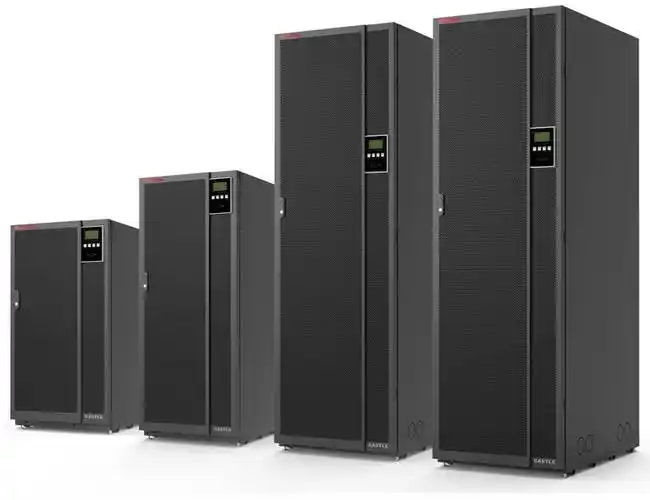 |
Welcome To Evlithium Best Store For Lithium Iron Phosphate (LiFePO4) Battery |
 |

Traditionally, UPS (Uninterruptible Power Supply) systems have relied on lead-acid batteries for energy storage. However, the limitations of lead-acid batteries—such as their low energy density, large size and weight, narrow operating temperature range, and environmental concerns—have paved the way for better alternatives. Among these, lithium iron phosphate (LiFePO4) batteries have emerged as a transformative solution, offering significant performance improvements over their lead-acid counterparts.
LiFePO4 batteries bring a host of benefits that directly address the shortcomings of lead-acid systems:
Compact and Lightweight
Improved Efficiency
Extended Service Life
Wide Temperature Range
Environmental Friendliness
Safety and Stability
Integrating lithium batteries into UPS systems transforms their design and performance:
Industrial Equipment
LiFePO4-based UPS ensures uninterrupted operation during power fluctuations, mitigating risks like voltage sags, surges, and frequency instability.
Communication Base Stations
In telecom, lithium UPS systems maintain critical power to base stations during outages, providing consistent 48V DC power and ensuring seamless communication services.
Data Centers
Data centers demand high reliability and efficiency. LiFePO4 UPS systems ensure continuous power supply, safeguarding sensitive IT infrastructure and preventing downtime.
Energy-Intensive Operations
With their high cycle life and power density, lithium UPS systems are suitable for environments requiring high energy output, such as server farms, healthcare facilities, and smart grids.
Performance testing of LiFePO4 UPS systems highlights their superiority:
The transition from lead-acid to lithium iron phosphate batteries represents a paradigm shift for UPS systems. With their superior performance, longer service life, and eco-friendly profile, LiFePO4 batteries align with the growing demand for reliable, efficient, and sustainable power solutions.
As technology advances and manufacturing scales up, the adoption of lithium UPS systems will become the standard, driven by their ability to meet the rigorous demands of modern industries and pave the way for greener, more resilient energy infrastructures.
Edit by paco
All Rights reserved © 2025 Evlithium Limited